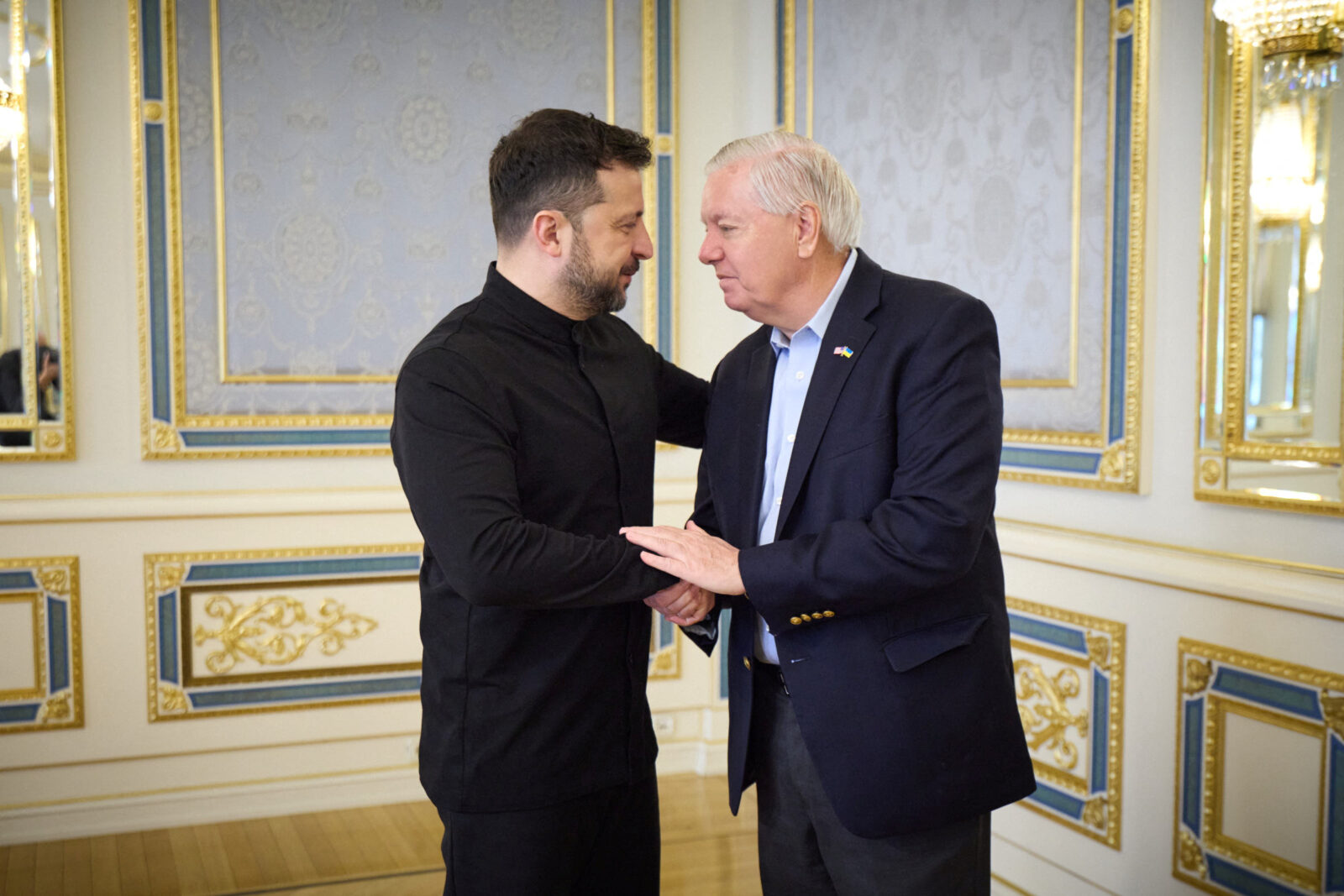A Cloaked Attack on Türkiye?
A Cloaked Attack on Türkiye?
By Ceren Ceviz
The recent proposal by U.S. Senator Lindsey Graham to impose secondary tariffs of up to 500% on countries importing Russian energy has caused an uproar in global diplomatic and economic circles. But nowhere is the backlash more intense — and perhaps more justified — than in Türkiye.
While framed as a broad economic deterrent aimed at cutting off Russia’s energy revenue amid its ongoing war in Ukraine, many observers argue that Graham’s initiative is anything but neutral. In fact, critics point to a deeper motivation: Graham’s longstanding hostility toward Türkiye, disguised behind layers of legislative rhetoric and geopolitical strategy.
Türkiye in the Crosshairs
Türkiye is one of the primary nations affected by the proposed sanctions. As a major regional energy hub, it imports over 40 billion cubic meters (bcm) of Russian natural gas annually via the Blue Stream and TurkStream pipelines, both crossing the Black Sea. In addition to serving domestic needs, Türkiye plays a pivotal role in delivering Russian gas to European markets, handling more than 53 bcm of energy annually.
Ankara has also been actively developing a natural gas trading hub, a project that could redefine regional energy dynamics and entrench its energy partnership with Russia further — something that Washington, and Graham in particular, appear eager to disrupt.
By pushing an embargo-style tariff that would cripple Türkiye’s energy infrastructure and its ambitions as an energy broker, Graham’s bill appears to go beyond policy — and looks more like a targeted attack on the Turkish economy.
A Record of Anti-Turkish Rhetoric
Graham’s hostility toward Türkiye is not a new development. In 2019, amid growing tensions in northern Syria, he warned that Congress would push for Türkiye’s suspension from NATO and impose harsh sanctions if Ankara acted against Kurdish militias — many of whom are closely tied to groups recognized as terrorists by Türkiye.
In a now-archived 2024 op-ed, Graham proudly admitted to participating in drafting sanctions against Türkiye and stated he would “gladly do so again” should Ankara engage Kurdish forces militarily. That same year, he introduced a Senate bill to sanction Turkish military officials, financial institutions, and defense-related entities, in a move widely seen as a direct affront to Turkish sovereignty.
Ties to U.S.-Backed Kurdish Militants
Perhaps more controversially, Graham has maintained close contacts with figures deeply involved in Kurdish militant operations, including individuals wanted for terrorism by Türkiye.
He has met multiple times with Mazloum Abdi, the commander of the Syrian Democratic Forces (SDF) — an umbrella organization that includes the YPG, which Ankara regards as the Syrian offshoot of the PKK, a designated terrorist group.
But more disturbingly, Graham was seen in Syria in 2018 accompanied by Azad Simi, also known as Çiya Kobani — a known PKK leader implicated in multiple deadly attacks on Turkish soil. Simi, who was at one point appointed by the U.S. as a key figure in anti-Daesh operations, allegedly continued to interact with Graham and U.S. military officials during subsequent visits to Syria in 2020 and 2022.
These associations raise urgent questions about Graham’s political agenda and loyalties, especially when those relationships seem to influence proposals that threaten the economic foundation of a fellow NATO member.
Undermining an Ally in NATO
Since the outbreak of the Russia–Ukraine conflict, Türkiye has emerged as a key strategic player within the NATO alliance — from its role in mediating grain corridor talks to its balancing of security cooperation with both the West and regional actors. The country’s geographic and geopolitical value has never been higher.
Yet Graham’s tariff proposal threatens to undermine this hard-earned strategic position, alienate a vital ally, and weaken NATO cohesion at a time of unprecedented global tension.
Conclusion: Policy or Vendetta?
Though Lindsey Graham presents his 500% tariff plan as a tool of economic deterrence, its disproportionate impact on Türkiye, combined with his decade-long record of anti-Turkish policies and personal alliances with Kurdish militant figures, suggests otherwise.
Rather than fostering unity and strategic clarity, Graham’s actions risk entrenching divisions, weakening U.S.-Türkiye relations, and destabilizing regional energy security. In Ankara and beyond, the question is being asked more loudly than ever:
Is this really about Russia — or is Türkiye the real target?

















Leave a Reply